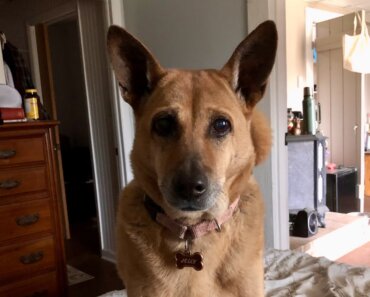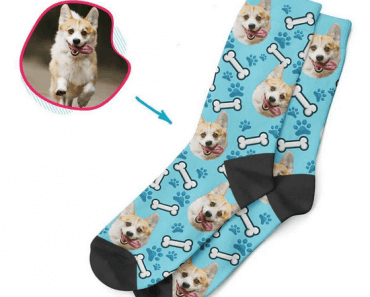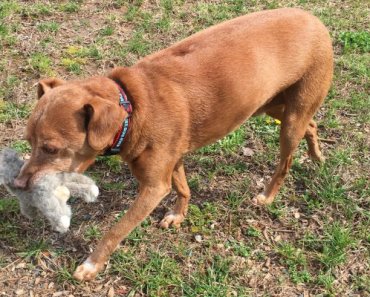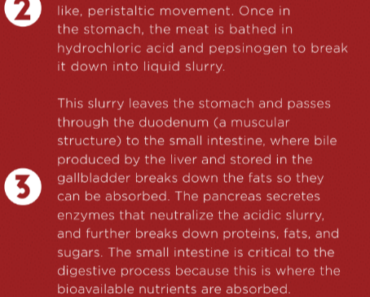Bad breath in dogs, also known as Halitosis, is a foul
odor that comes from the mouth or oral cavity. The most common cause of
halitosis is periodontal disease, which is a widespread concern in veterinary
medicine. Let’s look into some of the causes of bad breath in dogs as well as
how it can be treated and prevented in the future.
What causes bad
breath in dogs?
There are five main reasons why a dog could have bad
breath – let’s discuss each one more closely.
- Dental
plaque: Plaque is a buildup of bacteria that accumulates on
teeth. When plaque is not removed with a toothbrush it becomes harder,
developing into calculus. As the bacteria changes during this process, it
releases an odor-causing halitosis.
- Funky food: Simply put,
some food just stinks! Even if our dogs love how it tastes, bad-smelling food
can cause bad breath in dogs – especially if the dog does not get their teeth
brushed daily.
- Metabolic
disease: Certain diseases, such as Diabetes Mellitus and Uremia,
can cause the odor in the mouth to change into something that smells…off.
- Non-periodontal
oral disease: Dogs can develop other issues within their oral cavity,
like masses or tumors. These can become infected, leading to a very pronounced
and off-putting odor.
- Skin disease: Some dog
breeds, including Pugs and French Bulldogs, come with extra wrinkles and skin
folds. While these features help make them into the beauties they are, moisture
can get trapped in their skin folds, leading to skin infections. If skin
infections occur in folds around the mouth, they can be mistakenly identified
as halitosis.
If you notice your dog has started to develop bad breath,
your first step should be to schedule an appointment with your veterinarian to
rule out any potential health issues. Once your pup has been given a clean bill
of health, you can start to look into how you can treat their bad breath and
prevent it from returning.
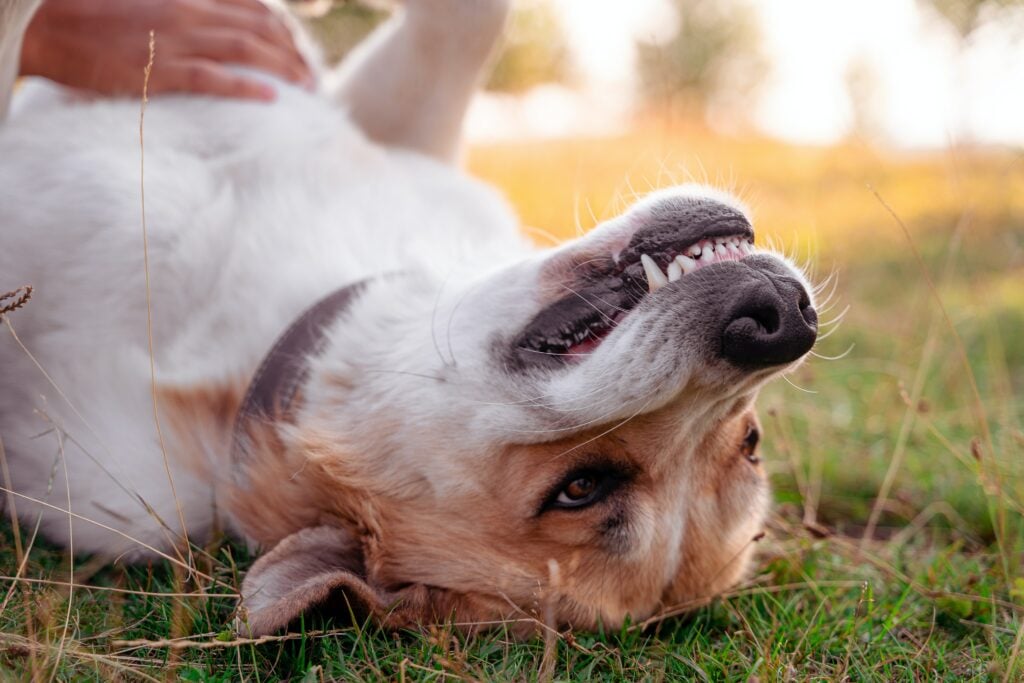
How can bad breath
in dogs be treated and prevented?
Now that we have a better understanding of what causes bad
breath in dogs, let’s take a look at some of the ways that it can be treated
and prevented.
- Toothbrushing: The best way to prevent bad breath in dogs is the most simple – toothbrushing! It’s recommended to brush your dog’s teeth twice a day but even if it only happens twice a week, consistent toothbrushing is better than no brushing at all. For tips on brushing your dog’s teeth at home, take a look at my guide for pet parents.
- Dental
cleaning: Once plaque has formed and transformed into calculus, it
cannot be removed with toothbrushing. The ideal treatment is to have a
professional deep teeth cleaning, where your veterinarian will remove the
tough, sticky calculus, and polish the teeth. Most pet parents will smell an
immediate difference after the procedure is finished.
- Good diet: It’s important for your pet to be fed a high-quality, well-balanced diet that supports their whole body. The great thing about Freshpet is that they have such a wide selection of food for dogs, you can easily find a recipe that suits your dog’s needs. For instance, if your pup has a history of gassiness or indigestion, try Freshpet® Select Sensitive Stomach & Skin. Alternatively, if they have a food allergy, try a novel protein diet trial with Vital® Grain Free Salmon and Ocean Whitefish. And don’t forget to make sure your dog treats are also healthy, like Freshpet’s Dog Joy® Turkey Bacon fresh treats.
- Annual and
bi-annual exams: As we discussed earlier, bad breath in dogs can be a sign
of an underlying health condition. Fortunately, consistent physical exams and
routine wellness diagnostics, like bloodwork, will help to identify diseases
that can cause bad breath much earlier. The earlier that a disease is
identified, the sooner your veterinarian can begin treatment, and the better
the prognosis.
- Home oral
care: There are a number of products on the market that do a
great job at slowing down the progression of periodontal disease, which
improves your pet’s breath. For recommendations of which products are right for
your pet, speak to your veterinarian.
Bad breath in dogs can be unpleasant, but the good news is
that dealing with it is often fairly easy! By feeding your dog a high-quality
diet and getting into a regular oral care routine, you can minimize your dog’s
risk of ongoing bad breath.

